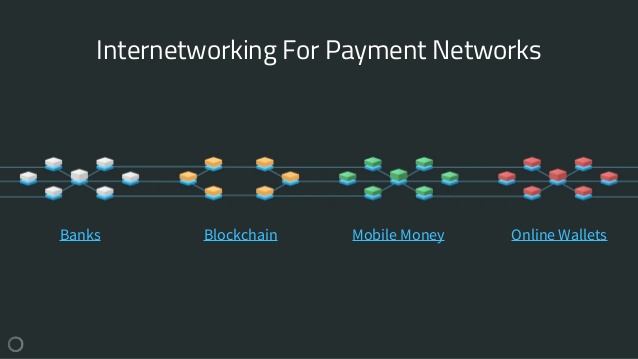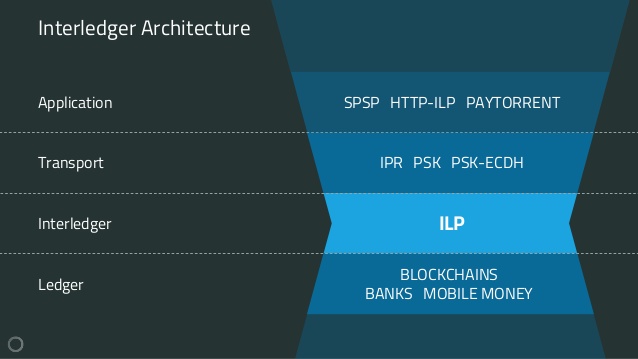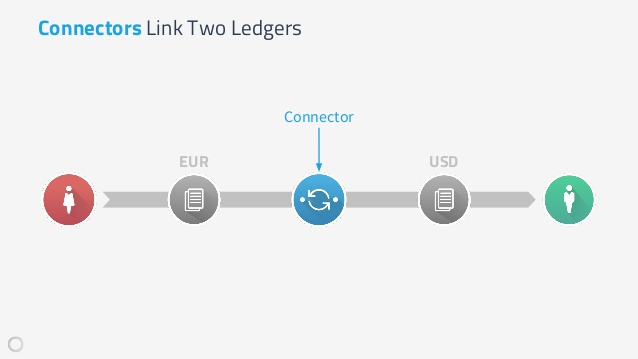
Don't normally connect dots, but hey, it's almost Christmas, let's have fun...
Mr. Jay Clayton was once a partner at Sullivan & Cromwell LLP, where he was a member of the firm’s Management Committee and co-head of the firm’s corporate practice. OK
sec.gov/biography/jay-…
Mr. Jay Clayton was once a partner at Sullivan & Cromwell LLP, where he was a member of the firm’s Management Committee and co-head of the firm’s corporate practice. OK
sec.gov/biography/jay-…
Sullivan & Cromwell advises some of the largest firms and investment banks in the world, one of which is Goldman Sachs. The firm happens to be very familiar with global banking infrastructure including cross border commodity swaps & even SWIFT messaging:
sullcrom.com/publication_de…
sullcrom.com/publication_de…
At the same time Goldman Sachs advances a cross border payments initiative in early of 2020, hmmm...
insidesap.com.au/goldman-sachs-….
insidesap.com.au/goldman-sachs-….
SAP Ariba is the primary arm of the GS investment, "The tech-forward & secure x-border Global Payments capabilities of Goldman Sachs will be made available in select SAP Ariba solutions. insidesap.com.au/goldman-sachs-….
At the same time SAP Ariba inked a blockchain supply system with Everledger in 2017
coindesk.com/sap-ariba-bloc…
coindesk.com/sap-ariba-bloc…
SAP working with Ripple at some point ... learn first, then copy, the plot thickens...
coindesk.com/sap-blockchain…
coindesk.com/sap-blockchain…
So we get to this article penned by John Bertrand who joined SAP in 2014...
finextra.com/blogposting/12…
finextra.com/blogposting/12…
Also interesting is who has an ownership stake in Everledger, Digital Currency Group, owned by none other than Mr. Barry Silber, wow, small world! Also on the board, Glenn Hutchins & Larry H. Summers
dcg.co/who-we-are/
dcg.co/who-we-are/
Look the gangs all here! It's like a family reunion... SEC, Larry, and Goldman's man Gary. So nice to see people get together.
Meanwhile, back at home base Goldman makes a play into cross-border, fascinating...
cnbc.com/2020/10/28/thi…
cnbc.com/2020/10/28/thi…

Huh, that's sounds familiar. Where have I heard integration services for digital assets and Goldman..
coindesk.com/circle-raises-…
coindesk.com/circle-raises-…
Wow, this is getting good, pull a string you never know what you can find...
circle.com/blog/free-cros…
circle.com/blog/free-cros…
I'm going to stop now. I'm just bored on a day off and decided to make a point about creating havoc and speculation on Twitter over the motivations of humans I've never met nor talked to, because that's how twitter does. We like drama. Fun times folks! Enjoy.
• • •
Missing some Tweet in this thread? You can try to
force a refresh






